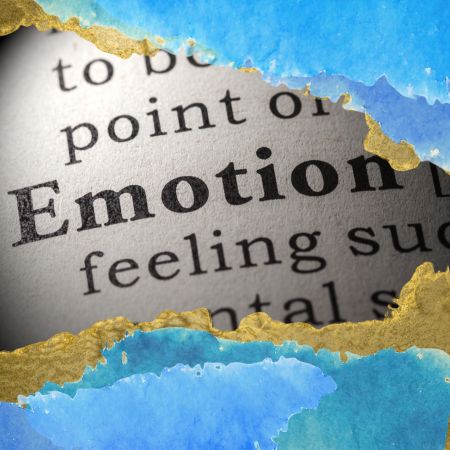STRESS, INTUITION, AND EMOTIONAL DECISIONS
Discovering How They Shape Our Ability To Make Good Choices
It’s a commonly held belief that we should avoid stress and embrace the natural ebb and flow of emotions like sadness. However, the relationship between stress, intuition, and emotions is more complex than it appears. In this article, we’ll explore how stress can both favor intuition and hinder it, and how sadness can lead to a more analytical mindset.
Stress: A Double-Edged Sword for Intuition
In high-pressure situations, such as being chased by a predator, our instincts kick in, and we rely on intuition to make quick decisions. This can be beneficial when we’re genuinely in danger, but in less critical situations, reflective thinking might serve us better.
Studies have shown that stress, mediated in part by the hormone cortisol, can lead to impulsive decision-making and a reliance on heuristics or shortcuts. However, stress can also degrade more sophisticated intuitive processes. For example, one study found that participants exposed to anxiety-inducing images performed worse on the remote associates test, a measure of intuitive thinking.
The Role of Sadness in Analytical Thinking
While stress can influence our intuitive abilities, emotions like sadness can impact our thinking style in different ways. Sadness often occurs when something is wrong, signaling that it might be time for focused problem-solving. As a result, sadness can lead to a more analytical mindset, potentially enhancing our ability to navigate challenging situations.
Balancing Stress, Intuition, and Emotional Decisions For A Better Life
To make the most of our decision-making abilities, it’s essential to understand the intricate interplay between stress, intuition, and emotion. By recognizing the impact of stress on our thinking processes, we can strive to manage our stress levels and avoid impulsive, unreflective decisions.
Similarly, by acknowledging the role of sadness in promoting analytical thinking, we can embrace our emotions as valuable tools in guiding our decision-making. Rather than avoiding sadness, we can use it as an opportunity for reflection and growth.
Cultivating Mindfulness and Resilience
One way to balance stress, intuition, and emotion is to practice mindfulness and develop resilience. Mindfulness can help us become more aware of our emotions and stress levels, allowing us to make more informed decisions. Techniques such as meditation, deep breathing, and journaling can all contribute to increased mindfulness and self-awareness.
Resilience, on the other hand, is the ability to adapt and recover from adversity. By cultivating resilience, we can better handle stress and the emotional ups and downs that life brings. This can involve nurturing a positive outlook, building a strong support network, and developing effective coping strategies.
The relationship between stress, intuition, and emotion is far more complex than we might initially assume. By understanding their interplay and developing mindfulness and resilience, we can navigate life with greater clarity and make more informed emotional decisions, regardless of the challenges we face.

